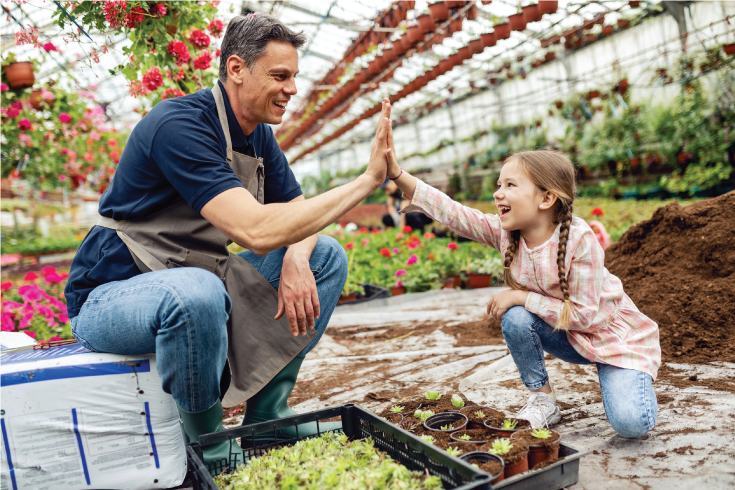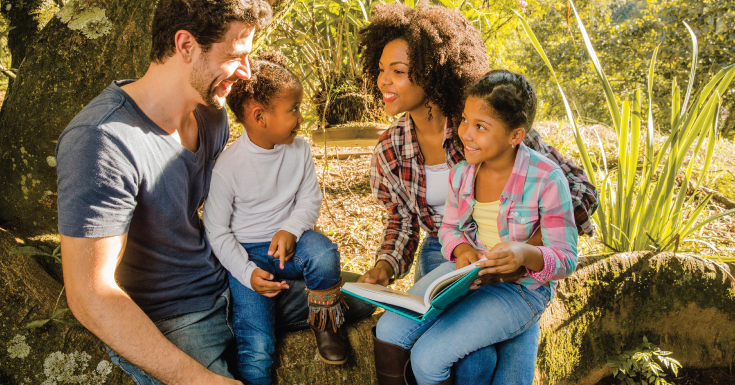Out of all the things we may take for granted in this world, there is one that may pull at our heartstrings if we were to see it via the eyes of a child. And that is, what family truly means. Cindy Fernandez shares her opinion on this.
As soon as I set eyes on my firstborn way back in 1991, I knew for a fact that my heart is no longer my own, but she, my eldest daughter, had claimed a large chunk of it to do as she pleases, so to speak. I went on to have more children, and they each did the very same thing. Hence it might be true that the heart of a mom has no limits when it comes to love. I became a single mom when my youngest was just 6 years of age, and my family of five has since been my strength and my weakness. But I still feel that my own sentiments pale in comparison to some of the qualities I have witnessed in my children when it comes to the love they have for me, and for one another.
But why do I sometimes still wonder if I had given them my best? This is especially so since I have come to believe that children rely heavily on their family for all important aspects of a healthy, thriving childhood, including love, security, comfort and safety. A child may be born with a silver spoon in his mouth, but without his family’s love, it would be akin to having nothing, for there will be little or no happiness for that child. Knowing this, I naturally find myself wondering if I had given them, my now adult children, enough of all they needed from me when they were growing up. Could there have been a time in any of their lives when they would have looked at another’s family, in particular a parent, and wished that their mom could be more like them?
Why do children need their family?
Typically, from the time a baby is born and through his or her childhood, their interactions are mainly with their family members, such as their parents and siblings, and perhaps even grandparents, aunts, uncles, cousins, etc. It is from these initial interactions that children pick up the most from – regardless if they are good things or bad. They learn, emulate, imitate. These first contacts are vital for the development of a child’s socialization skills – apart from picking up their mother tongue (language), they also learn to speak with a certain tone, and of course, thanks to their older family members, they learn manners, how to demonstrate kindness, as well as appreciation and gratitude. There is no other way to say it truthfully other than, when little ones are growing up, they are at the mercy of their respective families in terms of what they are taught and how they are taught, as it correlates directly with the kind of person they will ultimately turn out to be when they’re older – either likable or unlikeable.
When it comes to their basic needs like clothing, food, shelter, and so on, children rely on their family, as they do for love and comfort. They also feel secure when they know their parents or other family members routinely feed, bathe, clothe them, etc, and take care of their needs no matter what. And a child who feels secure, is a child who is more likely to have more confidence and self-esteem. Consequently, children who are comfortable with themselves will find it easier to express themselves and communicate their needs and wants. What follows is that they will experience healthier developments, physically and emotionally.
Children see, children do, which is why family members are typically also the main influencers that determine children’s physical social and intellectual outcome. The more loving and caring their caregivers are, the stronger their foundation will be, impacting their future relationships, their emotional health, and their self-esteem.
Crucial download: Family values
By observing the behaviours of their family members as well as the outcomes, children will learn what it means to do (or say) the right things as well as the wrong things, and what follows – either praise/reward or retribution. Parents and other close family members have a huge influence on a child’s personal values, habits, manners, etc. Personally, I am immensely grateful to experience various forms of appraisal for my children’s behaviour and mannerism, so I suppose I did not do too bad after all. But I have to admit though, that it is indeed an eye-opening matter, to realise that when there is a child at home with you, every single thing you do or say is making its way into that child as downloads, shaping and forming him into what he will become. Doesn’t that really make you stop to think about what family really is to a child? We are everything they are, literally!




